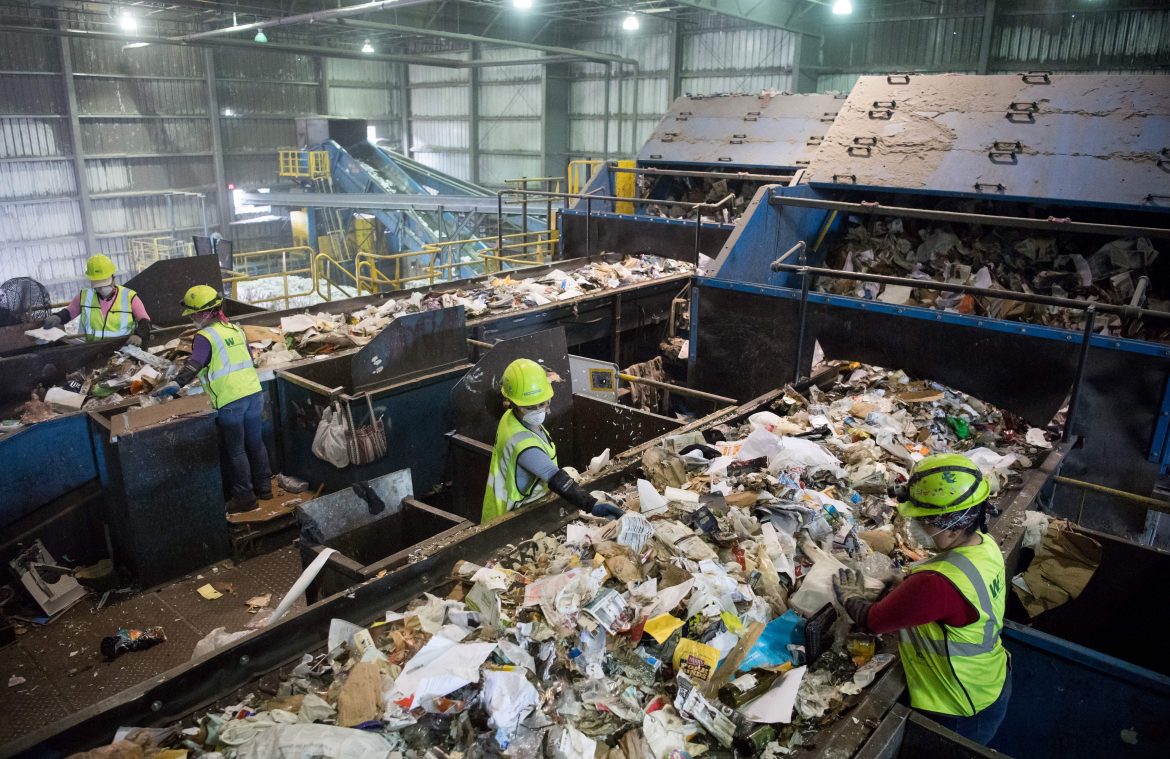Latest reports suggest that the US Federal Trade Commission (FTC) plans to address complaints of greenwashing by big business with an update to its “Green Guides”, which would give the agency stronger legal cases against polluters by clarifying when companies’ deceptive marketing around sustainability and environmental responsibility violates federal law.
Brown University researchers found that the five largest oil companies are said to have spent over $3.6bn on “reputation building” advertising over the last 30 years. Harvard research in 2022 also identified some form of greenwashing in 72% of social media posts by oil and gas companies.
This latest move follows years of formal complaints filed with the FTC about often highly questionable claims made by fossil fuel companies, big agriculture, major food producers and other polluting industries.
According to reports, environmental groups, clean energy businesses and others have long raised concerns about claims made around carbon neutrality, carbon offsets, “natural” gas, “renewable natural gas”, plastic’s recyclability, organic labelling and vague terms that imply environmental responsibility but have no definition.
In his reaction, John Kostyack, an adviser for the Sierra Club’s Fossil-Free Finance campaign said that these issues show that the industry is waging an “organized disinformation campaign”, adding that “Consumers have been badly misled about the impact of their purchasing on the environment,”.
Read also: Rwandan flood death toll rises to at least 127
Recall that the Green Guides were first issued about 30 years ago and are designed to provide the industry with guidance on how it can make environmental marketing claims that comply with the FTC Act. The guides are non-binding, but they serve to strengthen the FTC’s cases when it takes legal action against industry, and the guides are often referenced by courts.
Available reports show that the last update occurred in 2012, and since then the level of fictitious or misleading marketing has proliferated. That is probably because consumers are more interested than ever in supporting environmentally responsible companies, and the industry is capitalizing on that desire, a practice which critics have labelled “insidious”.
Story was adapted from the Guardian.
